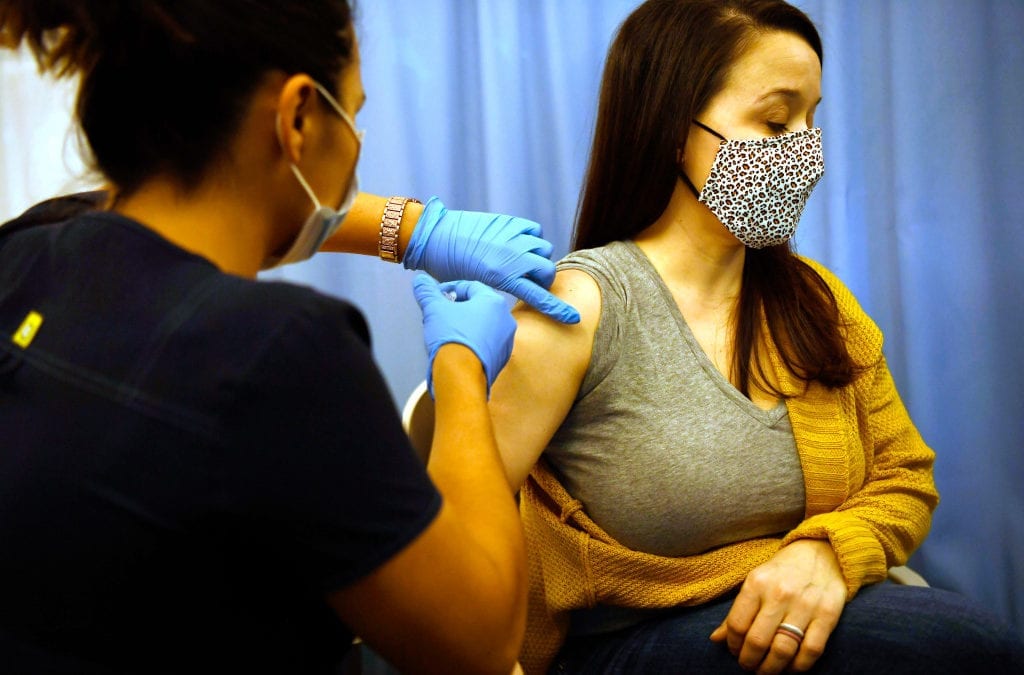Colorado business leaders are hopeful about the roll out of COVID-19 vaccines, but like immunity, it is going to take a few weeks for their optimism to build, according to the quarterly Leeds Business Confidence Index, produced by the Leeds Business Research Division at the University of Colorado Boulder.
The index, which looks at expectations for the state and local economy, as well as sales, profits, hiring and spending, is unchanged from the fourth quarter’s still pessimistic reading of 47.9. But in the second quarter, it shoots up to 59.5, with a positive outlook in every category.
“While the Colorado and national economy will likely continue to struggle for many months, there seems to be reason for optimism in the year ahead,” said Richard Wobbekind, senior economist at the Leeds School of Business, in comments accompanying the report.
Sales expectations have been in optimistic territory, defined as 50 or higher on the index, since the third quarter, and retain the highest score in 2021. Business leaders surveyed also remain much more optimistic about the state economy than the U.S. economy.
About one in five say the vaccine rollouts are the biggest reason they are optimistic about 2021, and one in four says the pandemic remains the top consideration in shaping their outlook.
The survey of 328 business leaders took place during the first three weeks of December, before a much more contagious strain of the novel coronavirus that has caused cases to spike in Great Britain and South Africa was discovered in Colorado.
“While respondents expressed COVID was still negatively impacting the economy, there was a sentiment that there was a light at the end of the tunnel,” said Brian Lewandowski, executive director of the Leeds Business Research Division. “I do think a new variant of COVID poses a risk to business optimism, insomuch that it could mean another round of lockouts.”
The survey also asked panelists about changes in worker productivity between March and December of 2020. About 30% said there had been no change, while 34% saw an improvement and 36% said productivity had taken a hit.
Lewandoswki said productively losses were mostly concentrated in the industries that couldn’t work completely remote, such as tourism, retail, construction and manufacturing. The industries reporting the biggest boosts in productivity were government and health care.
Remote workers will need to buckle down for a few more months. Most respondents don’t expect to return to in-person offices until at least the second or third quarter.
This content was originally published here.

